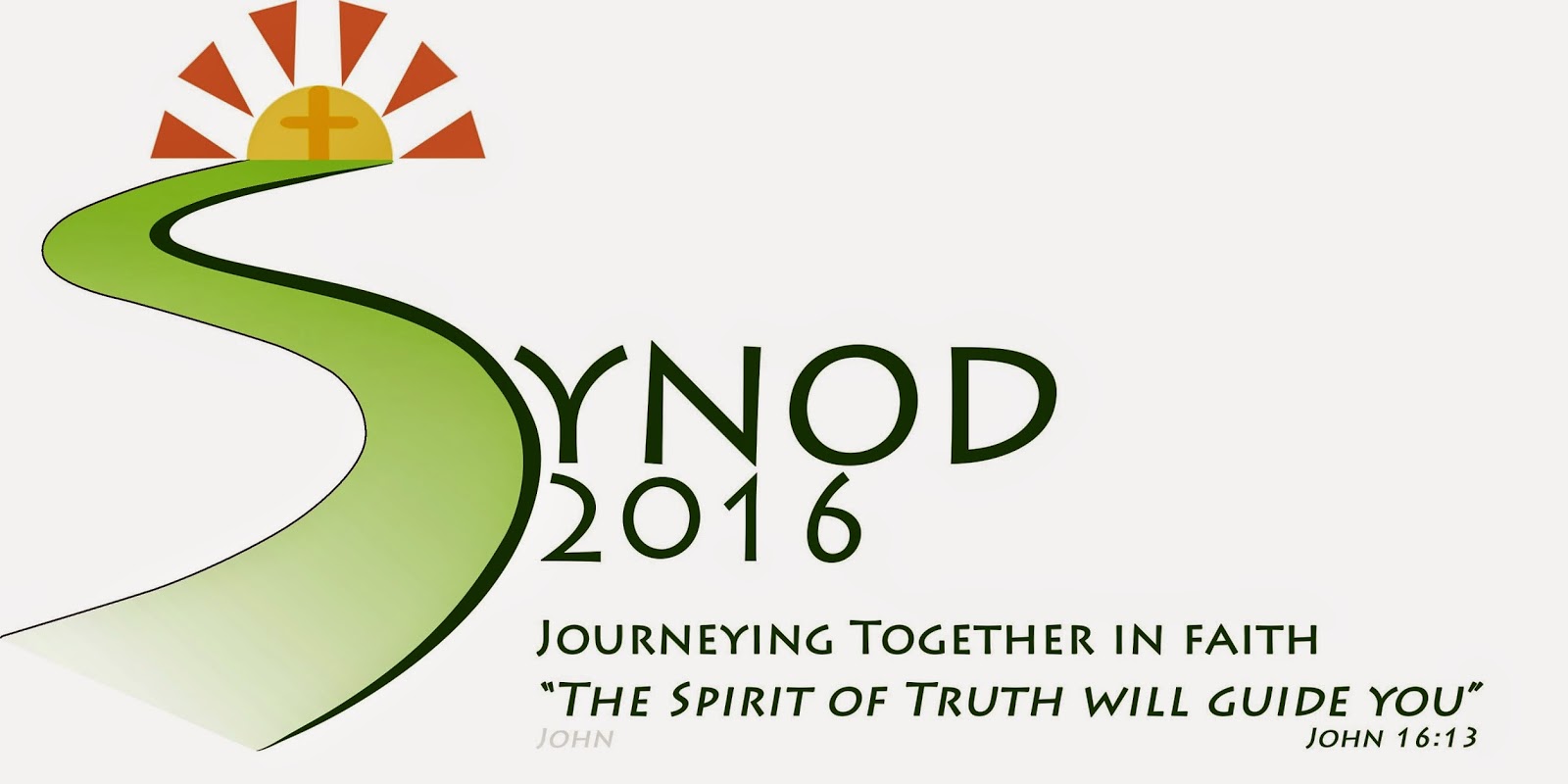At last weekend’s Synod of Limerick, 400 delegates, 300 of whom were lay people, gathered to discuss the issues facing the Church in Limerick today. The eighteen-month listening process leading to the synod saw over 100 proposals built from the input of over 4,000 members of the Limerick Diocese. 97 of the 100 proposals were approved during the three-day assembly.
The Role of Women in the Church
A motion to establish a working group to explore how and where women can play a leadership role in the governance of the Church received the highest number of priority votes at the synod. Faith formation, youth and the role of lay people were also identified as high priority issues.
Delegate and Faith Coordinator for Limerick Diocese, Lorraine Buckley, said “We are all energised by this process. What it said to us was that the Church here in Limerick knows that there has to be change and that it wants all in the Church to combine on this.”
“Personally, I am, of course, really pleased with the recognition that women have been given in this synod. That’s so important for women but also for the Church. It sends a real message of freshness and an appetite for change coming through in the Church here. Professionally, I am delighted also with the interest in faith formation. That’s really encouraging as people want to work at their faith and want support in that.”
Lay-led Liturgies
A proposal to develop and support lay-led liturgies and the celebration of sacraments was supported by more than 90 per cent of delegates.
Speaking at the synod, Fr Eugene Duffy, a lecturer in theology and religious studies at Mary Immaculate College, recommended that occasional lay-led liturgies without priests should be introduced on weekdays as a way of preparing for the reality of priests not being available to every parish in the years ahead.
“If we can get used to having lay-led liturgy on week days first then people will begin to appreciate it, understand it, grow in their own acceptance of it and see the value of it,” he said.
“In the absence of a priest that’s what they will have to do on a Sunday. We have to start by doing it on a week day and then people become familiar with it. The foundational thing that people have to do, is to gather on a Sunday to worship, however we do it.”
Church Outreach and Youth Mental Health
One proposal, calling for more reaching out to those hurt by the Church, was overwhelmingly passed, getting 91.2% support.
The proposal called for a faith and justice group to be established in the diocese to reach out to various groups hurt by the attitudes and teachings of the Church. These include women who have had abortions; members of the LGBT community; and people who have spent time in Church institutions.
On a vote, 92.6% supported the proposal that the Church reaches out in the area of mental health; and has greater engagement with the marginalised, the homeless, prisoners, and Travellers. Speaking on what appeared to be a recent issue of mental health among the youth of Ireland, Synod Director Fr Eamon Fitzgibbon said “Ten or fifteen years ago it was an issue, it was there, but for some reason they did not feel free or comfortable or confident to name it as an issue. Now they have got that permission, maybe through the media, allowing them to speak about mental health as an issue in their lives.”
“Now that they have the courage to speak about it and name it, we must have the courage to respond and that is a big challenge for us in this synod.”
On a less serious note, the proposal for having a cup of tea after Sunday Mass to help foster greater community spirit and help newcomers settle and meet their new neighbours received a 94.7% support.
For more information on the outcomes of the Synod of Limerick visit synod2016.com.


